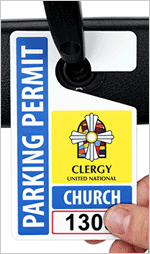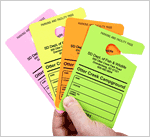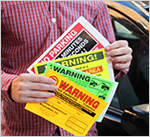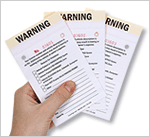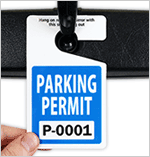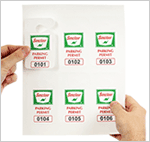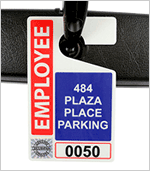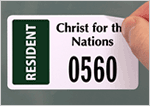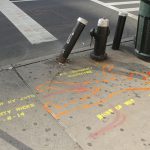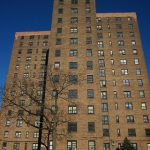New Yorkers willing to pay for residential parking permits
According to a recent study, a majority of New Yorkers are willing to pay an average of $400 annually for residential parking permits. Although New Yorkers have demanded residential parking permits earlier, legislators representing areas outside the neighborhoods where residential parking was proposed nixed the idea. Perhaps one of the reasons why New York is the only major U.S. city not to have residential parking permits is the wide gap between parking demand and supply.
Pros and cons of residential parking permit programs
Considering residential parking comprises 98 percent of on-street parking, it is key in addressing supply problems. Residential parking permits help in reducing pollution and improving pedestrian safety. According to a Downtown Brooklyn Council study, commuters took over 40% of on street parking spots at the expense of residents. In the hierarchy of parkers, New Yorker Robert Witherwax says, “…Residents of that block must come first, before visitors, and before commuters.”
There are other benefits to residential parking permit programs. Money from residential parking permit programs can be used for improvements, as was proposed two years earlier when Barclays Center was set to open.
Opponents countered that residential parking permits would encourage residents around the Barclays Center to buy cars, thus increasing traffic. Also, local businesses would have less parking for customers and delivery trucks will have a hard time, says the New York Department of Transportation.
Residents often object to paying extra for residential parking. “Government loves new revenue streams,” says New York City politician Lew Fidler. “You’re not going to tell me that the fee is low and it’s gonna stay low because no fee in the city of New York that’s imposed by government stays low.”
Research implications
Often, residential parking permit fees are nominal. In that light, New Yorkers’ willingness to pay nearly quadruple the highest fee for residential parking permits, charged by San Francisco, is significant.
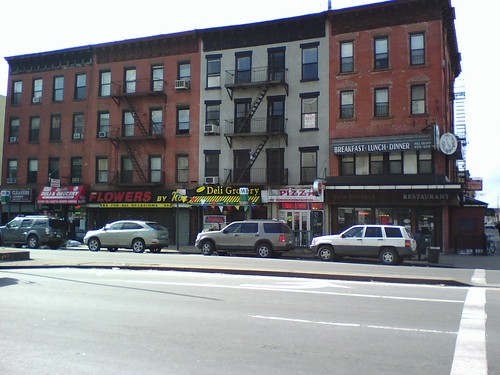
Local businesses argue that residential parking permits would impact them. Image by The Consumerist.
“The greater-than-50% approval rate and the high price tag both indicate that pricing curb parking for residents is feasible, at least in our sample,” say City University of New York researcher Simon McDonnell and New York University transport researcher Zhan Ghuo.
On analysis, the researchers found that those who lived in congested areas were prepared to pay more. Drivers who had to walk over three minutes from the parking spot to their house were ready to pay as much as $50 a month.
Related Posts
Category: Parking, Parking management

